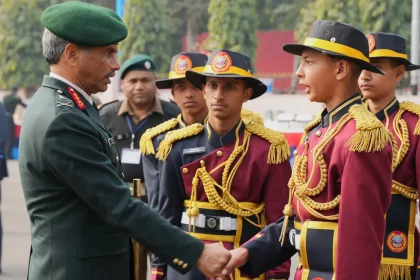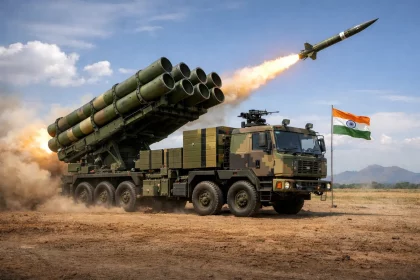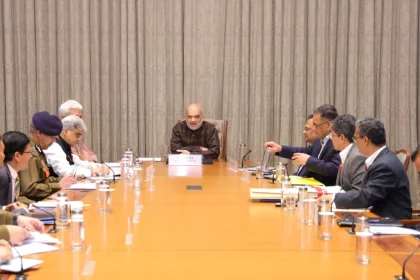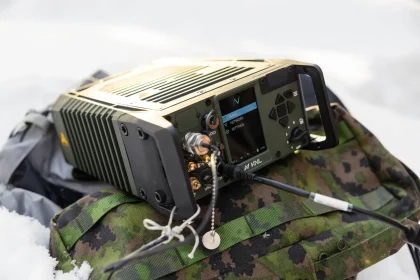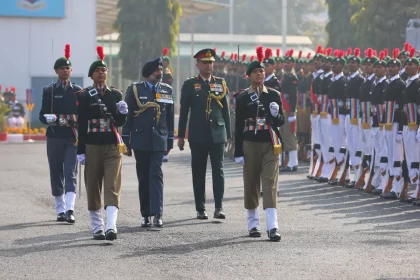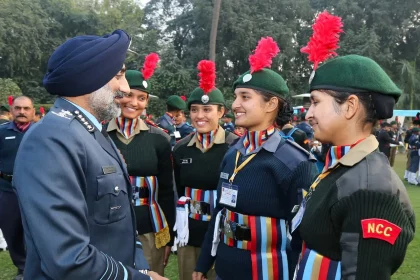Lt Gen Manoj Kumar Katiyar Visits NCC Republic Day Camp, Commends Cadets’ Discipline and Enthusiasm
Army Commander lauds NCC cadets for discipline and dedication during visit to Republic Day Camp in New Delhi.
What is Suryastra Rocket Launcher ?: India’s Indigenous Long-Range Precision Strike System
India’s first indigenous 300-km precision rocket launcher strengthens deep-strike deterrence and marks a new era in mobile artillery warfare.
Amit Shah Chairs High-Level Security Review Meeting on Jammu and Kashmir
Home Minister stresses mission-mode counter-terror operations, inter-agency synergy to sustain post-Article 370 security gains in J&K.
IAF Awards ₹275 Crore Contract to Hyderabad-Based Astra Rafael Comsys for Advanced Software Defined Radios
Indigenous SDR integration to modernise MiG-29 fleet, strengthen Tejas Mk-1A and boost net-centric warfare capabilities.
Air Chief Marshal AP Singh Visits NCC Republic Day Camp 2026, Lauds NCC’s Legacy and Youth Spirit
Visit underscores the Indian Air Force Chief’s appreciation of NCC’s contribution to nation-building and youth leadership.
Air Chief Marshal AP Singh Hosts NCC Cadets, Encourages Youth to Draw Inspiration from India’s War Heroes
Interaction highlights the Indian Air Force’s commitment to inspiring youth leadership through values of courage, discipline, and service.

